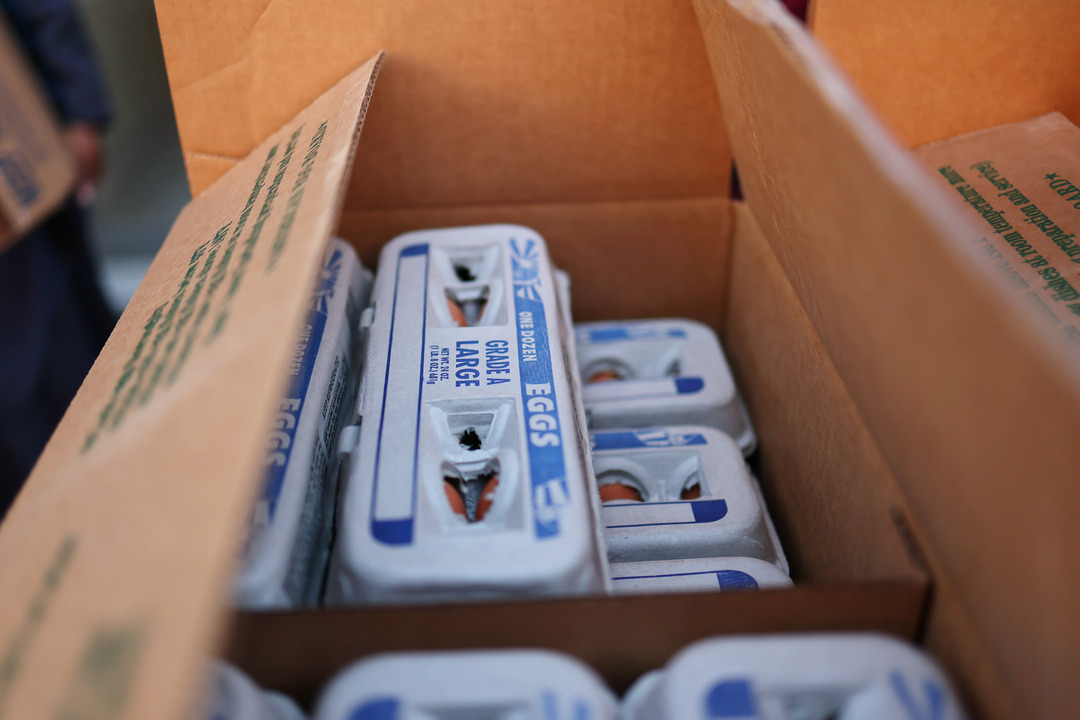Amid high egg prices and the spread of avian flu, Donald Trump’s agriculture secretary is pushing an industry-friendly agenda to dismantle state-level animal welfare regulations designed to limit corporate eggflation and protect against livestock diseases.
In recent years, a handful of states have passed reforms that rein in industrial agricultural production by banning crates and cages for farm animals. Cage-free advocates have long argued the confined conditions of concentrated animal feeding operations are unhealthy for livestock and inadvertently incubate the spread of diseases such as avian flu.
These laws also level the playing field for independent smaller farms, enabling them to compete against the giant industrial producers in new markets for cage-free pork and poultry products.
Agribusiness has spent millions of dollars fighting these regulations. Now with the help of the Trump administration, they’re working to eliminate the rules under the auspices of lowering egg prices for consumers.
The Department of Agriculture’s own data, however, indicates that states’ cage-free requirements are not contributing to an egg shortage or driving up costs.
“It’s a red herring [to focus on cage-free laws] and simply [caters] to corporate agriculture special interest groups at the expense of American farmers and animal welfare,” said Holly Bice, a representative for the Responsible Meat Coalition, made up of small to medium-sized farms.
Other evidence such as the industry’s record profit levels suggests that the largest egg producers have used relatively minor disturbances from avian flu as a smoke screen to jack up prices, according to industry experts.
From December to February, egg prices saw a record-setting price…
Auteur: Luke Goldstein

